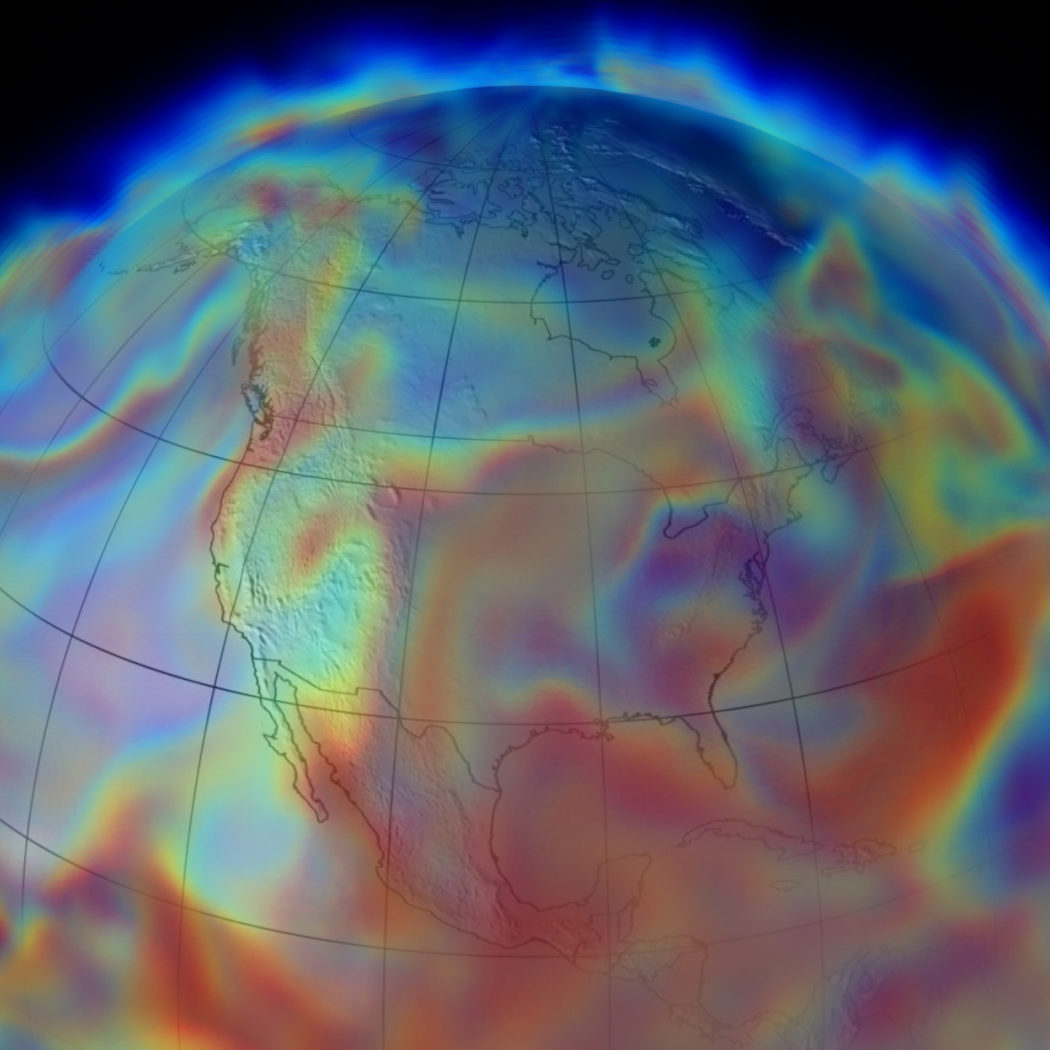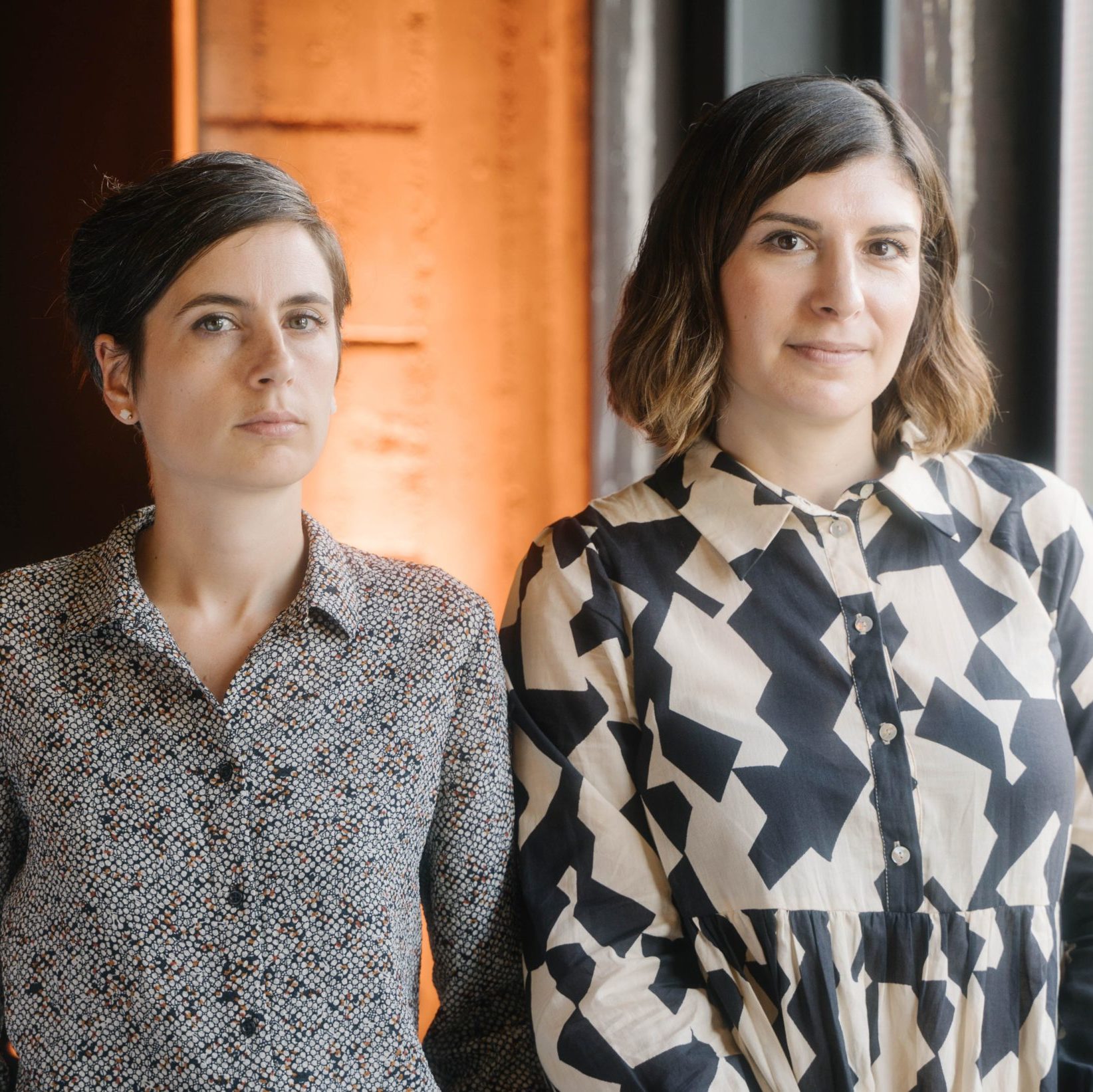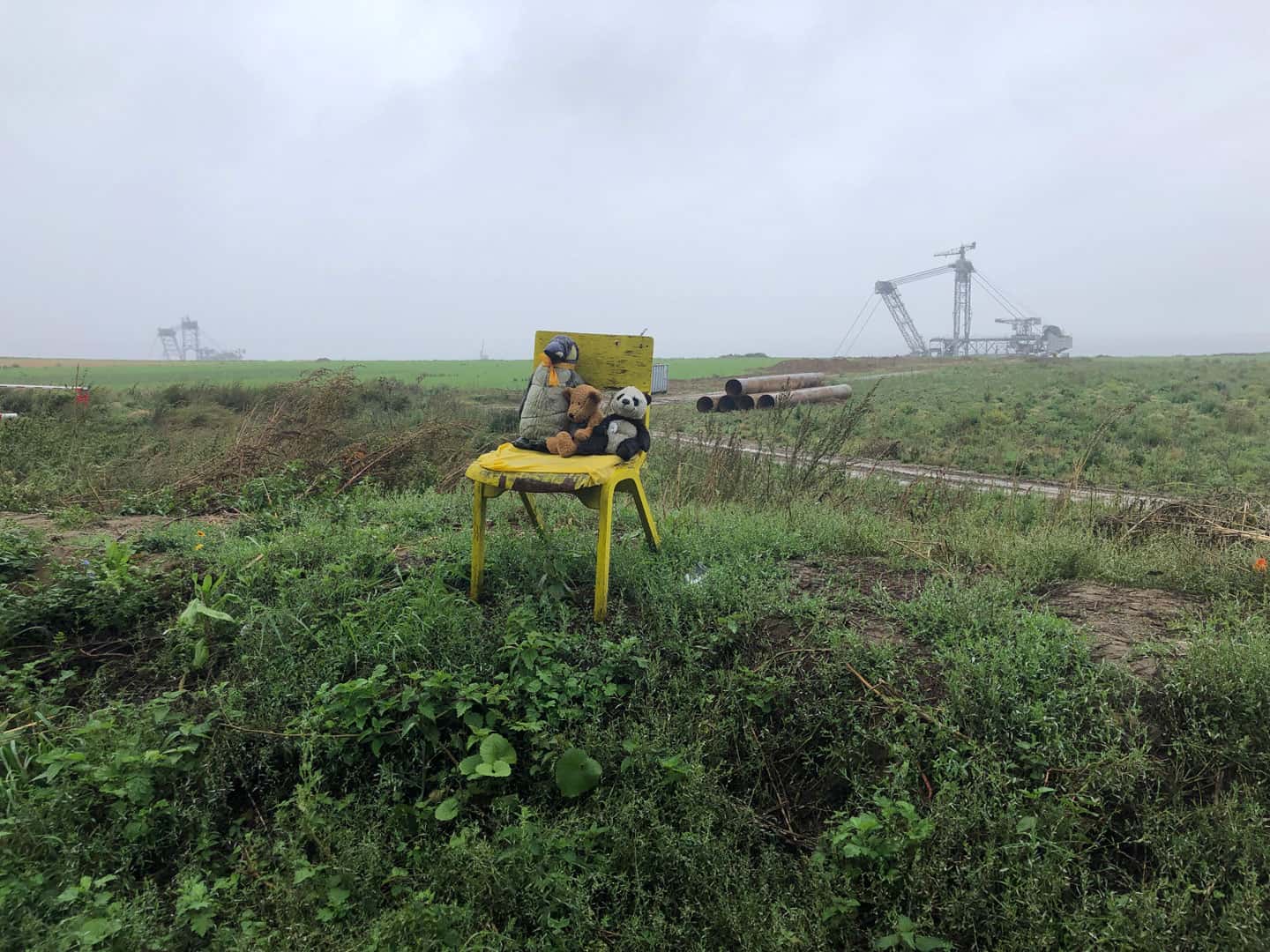Stiftung Zollverein | Julia Kaganskiy & Juliette Bibasse: “A Model World”
FELLOWS: Julia Kaganskiy & Juliette Bibasse

Duration: Spring 2021 and ongoing
A Model World is a research project investigating emerging techniques for climate modification, commonly known as geoengineering, explored through the lens of visual culture. It was initiated by curators Julia Kaganskiy and Juliette Bibasse in the Spring of 2021 and is currently ongoing.
As art historian T.J. Demos points out, the notion that we are living in the age of the Anthropocene “appears to imply the necessity of geoengineering.” It is therefore worth considering how this came to be, and how specific forms of representation, knowledge production, power, and desire have made the concept of engineering climate not only thinkable, but something that seems within reach (for a privileged few).
Some would say that humans have been modifying the climate unintentionally all along, so we may as well take control of the wheel. Those who subscribe to this position tend to regard the Earth’s climate systems as somehow easier to regulate than the human activities that disrupted them. Yet many scientists warn that we simply don’t understand environmental systems well enough to confidently introduce techno-fixes, noting that the potential risks may be too great to responsibly attempt something like geoengineering. Others worry that geoengineering poses a “moral hazard” by reducing the political and social imperative to curb fossil fuel emissions today. Despite these concerns, the UN’s Intergovernmental Panel on Climate Change (IPCC) has been factoring climate interventions like large-scale Carbon Dioxide Removal into its modeling projections since 2018, noting that keeping planetary warming below 1.5°C can no longer be achieved by lowering emissions alone. Even Solar Geoengineering, the more radical and risky approach, is being touted by some as “inevitable.”
Our research interest in the topic was inspired, in part, by several recent popular science books like Holly Jean Buck’s After Geoengineering, Oliver Morton’s The Planet Remade, and Elizabeth Kolbert’s Under a White Sky, as well as the observation that artists are slowly beginning to venture into this space, exploring the history of human-designed climate interventions, problematizing techno-solutionist approaches to environmental management, investigating the implied material reconstitution of the atmosphere, and raising ethical questions about who these interventions ultimately benefit.
Thanks to our research fellowship from medienwerk.nrw, we embarked on a month-long residency at Zeche Zollverein in Essen, hosted as part of the NEW NOW festival’s inaugural artist residency program. North-Rhine Westphalia, both because of its mining past and its focus on industrial innovation, seemed like rich terrain in which to situate this research into present-day technological solutions to climate change. The fellowship and residency period gave us an opportunity to delve deeper into the science of geoengineering and the critical discourses surrounding it, as well as to conduct interviews with scientists, researchers, artists, and curators whose work intersects with this subject area.
Today, geoengineering is still mostly hypothetical, but as environmental sociologist Holly Jean Buck notes, “it’s a topic that’s unlikely to disappear until either mitigation is pursued in earnest or the concept of geoengineering is replaced by something better; as long as climate change worsens, the specter is always there.”
The outcomes of our residency and our research to date can be found on the project website: www.a-model-world.net/
Olga Felker talks with Julia Kaganskiy and Juliette Bibasse about their project A Model World
Julia Kaganskiy is an independent curator and cultural strategist working across art, design and technology with a focus on facilitating interdisciplinary collaboration.
Since 2009, Juliette Bibasse has been applying her skills to the digital art scene, creating connections and opportunities between artists, festivals and cultural actors.

The non-profit Zollverein Foundation was established in 1998 by the City of Essen and the State of North Rhine-Westphalia, with the Rhineland Regional Association as a co-founder. In addition to promoting culture and the preservation of historical monuments, the foundation’s main task is to preserve and safeguard the existing buildings and facilities of the UNESCO World Heritage Site of the Zollverein Coal Mine and Coking Plant and to develop them for future use.
More info about the Zollverein Foundation

Image: www.a-model-world.net



